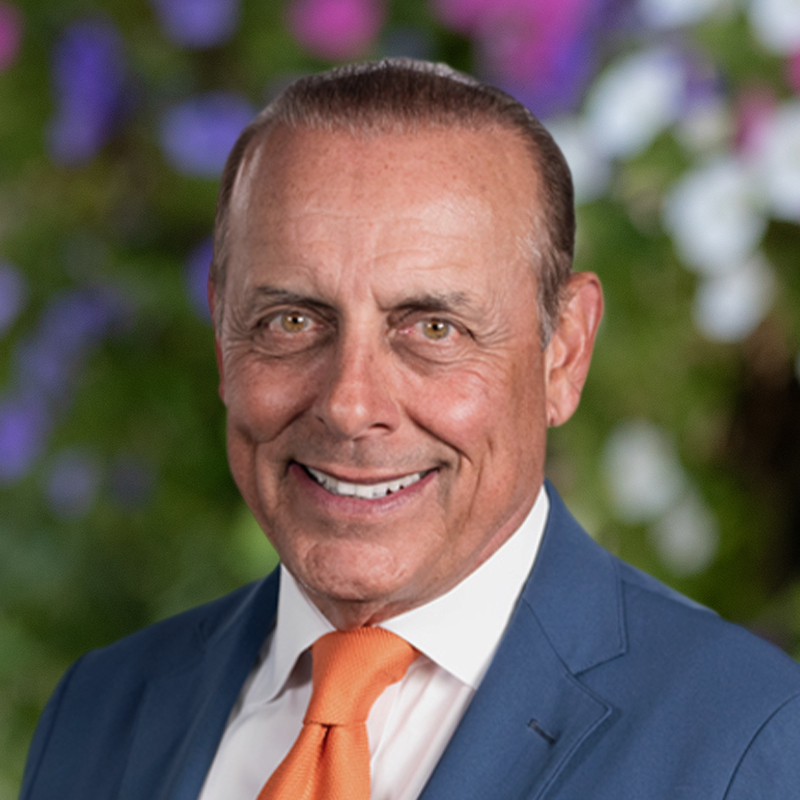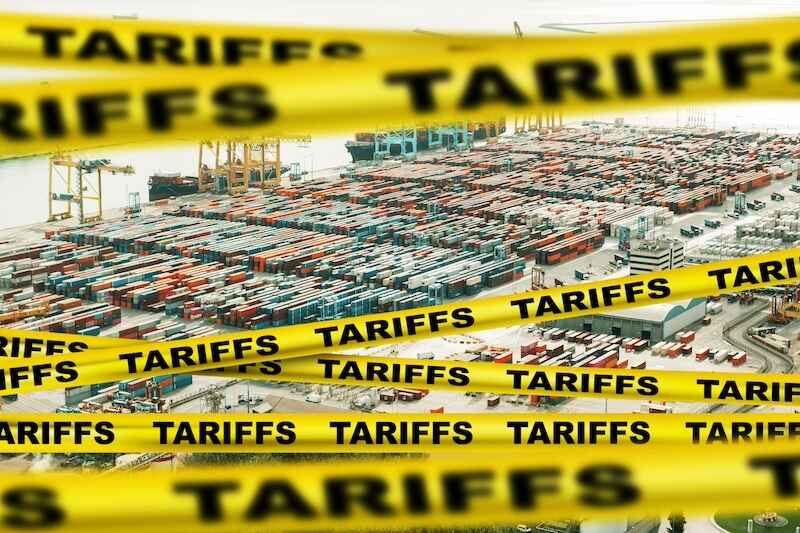How GME’s Story is Changing the Game
Shah Gilani|January 27, 2021
I’m not the kind of guy to say “I told you so,” but if I was, I’d sure be saying it now.
Retail traders have become the tail wagging the dog, with the dog being Wall Street pros.
GameStop Corp. (NYSE:GME) is exhibit 1.
What happened, and what’s going to happen with GameStop (and more than a few other companies’ stocks) is the story of how retail traders are ganging up on multi-billion-dollar hedge funds…
Here’s how they’re making a killing doing it.
Something Wicked This Way Comes
Investors weren’t paying much attention to GameStop stock because it was doing absolutely nothing, for a long time. Those who were doing something with the stock were shorting it. That’s because the prospects for a brick-and-mortar videogame retailer were about the same as they were for Blockbuster years ago.
Hedge funds, in particular, saw an opportunity to amass large positions betting against the company’s survival and were patient enough to sit with their positions and wait for the inevitable.
But then something wicked happened.
A bunch of “retail” traders, meaning regular people using discount brokerage platforms buying and selling a few shares at a time – moreover, fractional shares and one-lot options contracts – got together in chat rooms and on Reddit’s WallStreetBets site and started talking about targeting GameStop. They talked about how they might stick it to the hedge funds that were short or were loaded up on put option positions, betting the stock would go down, and by working in concert, buying shares of GameStop, they could cause its price to rise.
And rise it did.
What’s not getting a lot of attention is how the retail crowd came to find out hedge funds like Melvin Capital, Maplelane Capital, and Citron Capital were betting against GameStop. That was easy; funds have to disclose certain positions, including options positions.
Using public disclosures funds pony up every quarter, retail traders could see who was holding large put options positions and could calculate how many shares those options positions amounted to. Funds don’t have to disclose actual short-stock positions, just put options positions.
The whole point of the Reddit crowd buying GameStop shares, in concert, was to drive up the price of the stock to force short-stock investors and long put option investors to have to “cover” their short positions, meaning buy shares, and drive the price of GameStop stock higher and higher.
And that’s what happened.
Two other hedge funds, Point72 Asset Management, running most of billionaire Steve Cohn’s money, and Citadel LLC, a sprawling securities trading juggernaut run by billionaire Ken Griffin, ponied up more than $2.75 billion to save Melvin from going under. Both Griffin and Cohen were investors in Melvin Capital and were essentially bailing out their investment buy throwing more money at it.
The irony there is that Citadel buys order flow, meaning it is one of the firms that reads into the orders discount brokerage clients send down to execute, orders to buy stock for instance, like GameStop buy orders by the millions. So, Citadel could actually “see” what retail orders were doing to Melvin Capital’s own GameStop positions, and couldn’t do a thing to stop it.
But the game’s far from over.
The New Normal
After hedge fund Melvin Capital took something like a $3 billion loss having to cover its wrong-way bets against GameStop, we’re finding out other hedge funds are still short GameStop.
I’m going out on a limb here, but that’s what I do sometimes: I’d even bet Point72 and Citadel are short GameStop. How? They could have put up the margin Melvin Capital needed so they didn’t have to liquidate their positions and Point72 and Citadel could have taken over their positions, setting themselves up to profit if, or I should say when, GameStop stock collapses.
What’s next is more buying by retail traders who believe there are more shorts out there who they can force to cover and lift the price of the stock they’re buying more of.
And this is going on with a lot of other stocks by the way. Stocks like Bed Bath & Beyond Inc. (NasdaqGS:BBBY) and AMC Entertainment Holdings Inc. (NYSE:AMC).
In the case of GameStop, maybe some other stocks, the game itself will end when the shorts have all covered, or when all those wrong-way bets on put options expire worthless or are sold at huge losses, or when no one cares any more about GameStop stock.
That’s when the “ammunition,” the buying power of shorts who must cover their losing positions, is exhausted, and there are no more desperate buyers that must pay up for stock.
Then, the stock will probably collapse. Probably back to where it was before all this happened. Maybe GameStop will go out of business, and the stock might go to zero. That’s still possible, but no one will care.
Well, maybe Point72 and Citadel will care.
The damage will have been done to any hedge funds that became targets for marauding retail operators and didn’t have the capital to withstand the frontal assault on their exposed flanks.
And that’s what they are, operators.
And you know what, I say good for them.
All they’re doing is playing the same game hedge funds and pros play all day themselves, trying to take advantage of someone else’s position, to hurt them to make money for themselves.
That’s Wall Street at its core… only this time it’s retail showing its new core.
Welcome to the new normal, where the tail wags the dog.
It’s all a part of how money moves – and money is on the move in different sectors, engaging in something I call “hyperdrive events.” Hyperdrive events are where money flows at insane levels into specific stocks and industries, pumping them up to levels we haven’t seen before
One industry in particular has $353 billion set to go right into the balance sheets of five small stocks, which I predict will be the biggest winners in 2021.
But here’s the catch – we’re on the brink of another shift in money, one that will affect these five stocks. Meaning, stimulus checks being in a holding pattern. According to the federal government, this money must be delivered to all recipients – BY LAW – by January 31.
Which means that a lot of that stimulus money will go right back into the stock market – and subsequently right into those five stocks. So time’s of the essence – you have until January 31 at midnight to check out my limited-time briefing on these five stocks, and have the chance to make a small fortune on them in the next year.
Sincerely,
![]()
Shah

Shah Gilani
Shah Gilani is the Chief Investment Strategist of Manward Press. Shah is a sought-after market commentator… a former hedge fund manager… and a veteran of the Chicago Board of Options Exchange. He ran the futures and options division at the largest retail bank in Britain… and called the implosion of U.S. financial markets (AND the mega bull run that followed). Now at the helm of Manward, Shah is focused tightly on one goal: To do his part to make subscribers wealthier, happier and more free.

